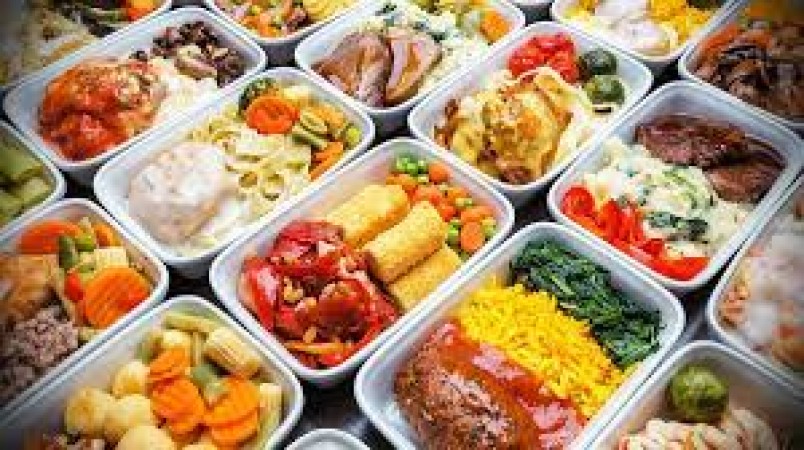
Have you ever been on a flight and wondered why the flight attendant advised against eating certain foods during the journey? It might seem odd at first, especially if you're accustomed to enjoying snacks or meals while traveling. However, there's actually a fascinating reason behind this seemingly peculiar directive. Let's delve into why flight attendants discourage consuming certain foods while airborne.
One of the primary factors influencing the recommendation against eating certain foods during flights is the altitude and corresponding changes in air pressure. As an aircraft ascends to cruising altitude, the pressure inside the cabin decreases, creating an environment comparable to being at a high altitude.
The decrease in air pressure can significantly affect our taste perception. Foods that may taste perfectly fine on the ground might seem bland or less flavorful in the air. This phenomenon occurs because the reduced air pressure numbs the taste buds, making it challenging to fully appreciate the taste of food.
Moreover, the combination of altitude and air pressure changes can contribute to digestive discomfort for some individuals. Consuming heavy or greasy foods during flights can exacerbate feelings of bloating, indigestion, or nausea due to the body's physiological response to altitude.
Another factor to consider is the low humidity levels in the aircraft cabin. Airplane cabins typically have lower humidity levels compared to typical indoor environments. This dry air can affect our bodies in various ways, including dehydration and dryness of the mucous membranes.
Low humidity levels can also impact the quality of certain foods. Items like sandwiches, snacks with bread or crackers, and pastries may become dry and less palatable when exposed to the dry cabin air for an extended period. Flight attendants may caution against consuming such foods to ensure passengers have an enjoyable culinary experience.
Moreover, dehydration is a common issue during flights due to the dry cabin air and limited access to fluids. Consuming foods high in sodium or caffeine can exacerbate dehydration, leading to discomfort or health issues during the journey.
In addition to taste and comfort factors, flight attendants prioritize passenger safety when advising against certain food choices. Foods that are perishable or prone to spoilage, especially in the absence of refrigeration, may pose a risk of foodborne illness if consumed during the flight.
Maintaining proper temperature control for perishable foods can be challenging in the aircraft cabin. Items that require refrigeration, such as dairy products, meats, or salads, may not be stored at the optimal temperature during the flight, increasing the risk of bacterial growth and foodborne pathogens.
Moreover, flight attendants must consider passengers with food allergies or sensitivities when providing food-related guidance. Certain foods may contain allergens or ingredients that could trigger allergic reactions in susceptible individuals, necessitating caution and clear communication regarding food choices.
In conclusion, the flight attendant's advice against eating certain foods during flights is rooted in various factors, including altitude effects on taste perception, cabin humidity levels, food safety considerations, and passenger well-being. By understanding these reasons, passengers can make informed decisions about their inflight dining choices, ensuring a comfortable and enjoyable travel experience.
Here's How India to Link Duty Cuts with Investments in EFTA Deal
Vivo V29e price reduced, phone with 50MP selfie camera will be available cheaply